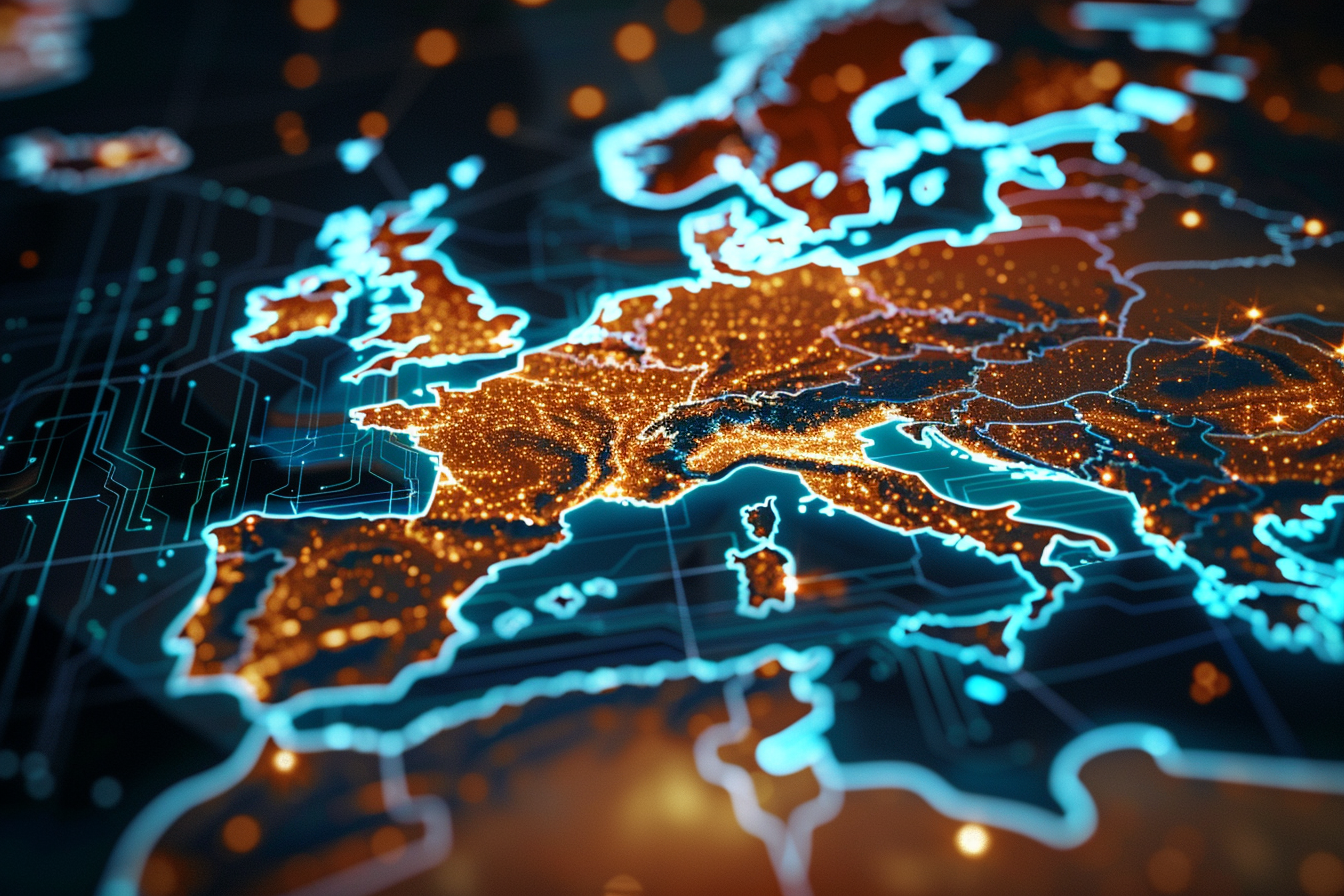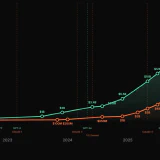What The EU Should Have Done Instead of DMA
The Digital Markets Act is a far-reaching framework that can be used against any major company the EU holds a grudge against. It also effectively prohibits product improvements and vertical integration.

The Digital Markets Act is a bad law. I can understand the idea that led to it. Digital tech companies have a lot of power, and existing regulations don’t adequately cover them. But instead of targeting specific examples of overreach, the EU tried to come up with a universal and far-reaching framework that freezes product development for the largest incumbents and prohibits vertical integration.
Ben Thompson explained this well:
The DMA, though, is much more far-reaching than that; the excerpt above rightly identifies the interoperability requirements as the more meaningful factor affecting Apple’s decision. Consider iPhone Mirroring: given that the iPhone is a designated gatekeeper platform, is Apple allowed to enable iPhone screen-sharing with a Mac but not with Windows or Linux? Or SharePlay Screen Sharing: can Apple allow you to jointly view apps via Facetime, but not other VoIP services? Or the big one, Apple Intelligence: can the semantic index be available to Siri, but not other voice assistants?
Just this week, the European Commission tried to allege that Twitter’s new blue check system violates the DMA. Yes, I believe the transition was stupid. Twitter should have kept the old verified accounts (or at least most of them) and offered new users a blue check through a subscription and ID verification. But it’s baffling for a government structure to intervene. If Twitter makes bad decisions, it can fail on its own. It’s not critical infrastructure by any means.
I also think Apple put itself in this position by being so stubborn. They got themselves to a point where the customer experience on iOS is consciously diminished. Who benefits from the fact users can’t sign up for Netflix or Spotify on their iPhone? Or buy Kindle books? This should have been a signal their approach doesn’t work. Now, they will have to contend with different regulations across the world, as we’re already seeing it developing in the EU, South Korea, Japan, and even the US. This gets us closer to the fragmented internet.
A big part of the problem is that the DMA doesn’t provide firm guidelines. It’s like its authors wink at Apple and other “gatekeepers” but don’t want to say what they really want out loud, even though the EU had the capacity and the experience to require specific adjustments.
So, what could they have done instead of DMA?
First, Apple should allow apps to lead users to a webpage where they can buy digital goods or subscriptions directly with their credit card. This option will always carry more friction, so many existing apps will likely stay on Apple’s payment system. It’s a balance of earning more due to smaller fees and converting fewer customers. If you have a mobile game, you might feel compelled to keep the player immersed (unless you’re Fortnite or Roblox). Since they will also have to compete with alternative payment methods directly, there’s a good chance Apple will beef up their own system and make the fees more competitive. Ultimately, I love that I can see all my subscriptions on a single page and delete them. But under the current regime, it will never be a comprehensive list.
Second, Apple should enable sideloading for applications. There are a lot of advantages to the AppStore model of vetted apps. But there are problems. Just recently, Apple deleted multiple VPN apps from the Russian AppStore. Why they feel obligated to submit to the laws of the country, where they have no direct sales, puzzles me. Still, without sideloading, their users are trapped. By allowing sideloading, Apple can shed this responsibility so that their decisions and censorships would have minimal effect. I don’t understand who actually needs entire external stores. Hide it under a checkbox with scary wording; as long as it’s there, it’s OK.
Everything else is honestly pretty minor. Yes, you can demand Apple to open its NFC chip to third parties. This will allow the likes of Wise and PayPal to save some money on Apple Pay and work directly instead. However, the two major changes I outlined earlier will be enough to act as a steam release valve. Both companies that can’t work under the AppStore model (Spotify or Amazon Kindle) and companies that really don’t want to and can create strong relationships with customers directly (from Tinder to Basecamp) will stop criticizing Apple almost immediately.
Now, you might say that DMA regulates the digital markets in their entirety and covers many other gatekeepers. But it was already carefully designed to affect all the companies they wanted. If you want specific changes to be made, it’d be better to require specific things.
You might say that Apple is a private company and the government shouldn’t be involved at all. I disagree. Apple built one of the most important computing platforms in the world—your phone is the actual personal computer. They’ve benefitted tremendously from this and will continue earning billions from it. But it makes sense for society to intervene and limit negative externalities.




